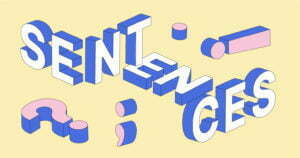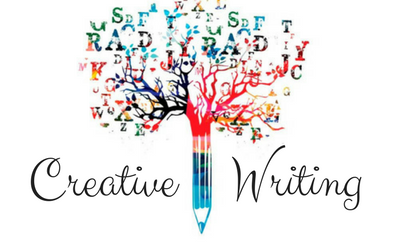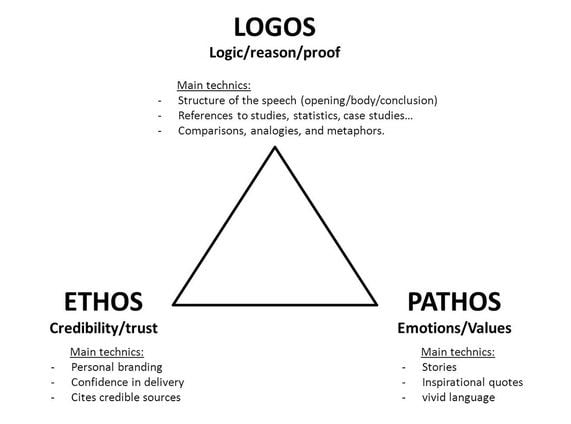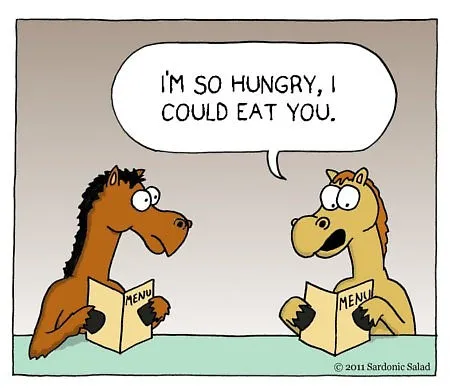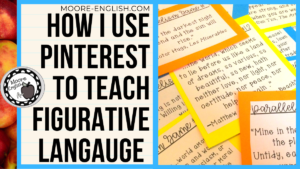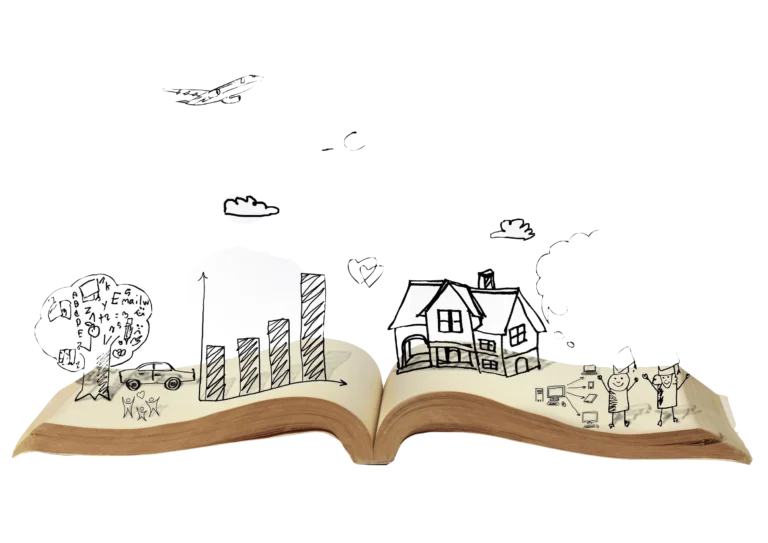The irony is a rhetorical device in the literature that is different from what it appears and what it means. It tends to appear something on the surface but in actual it is completely different. In this creative writing lesson, we will learn the following:
Irony Definition: What is Irony in Literature?
The irony is used when the author intends to indicate some other meaning rather than the literal meaning which is written. It is sometimes referred to as the gap in reality and expectation. It shows two contrasting images of the same event, characters, images, and situations in a story. The irony is mostly used for humour, affection, or depiction of varied emotions in prose, poetry, novels, essays, and dramas. They also form a much-used figure of speech in the everyday speech of human beings. In some places, the irony is also used to add a critical approach towards an event, situation, or character in literature.
The term “Irony” was derived from a Greek character “Eiron” who pretends to be ignorant to fool his opponent.
Irony overlaps with but is not the same as satire and sarcasm. The concept of irony in recent times has come to mean a state of humour or detachment from what appears to be.
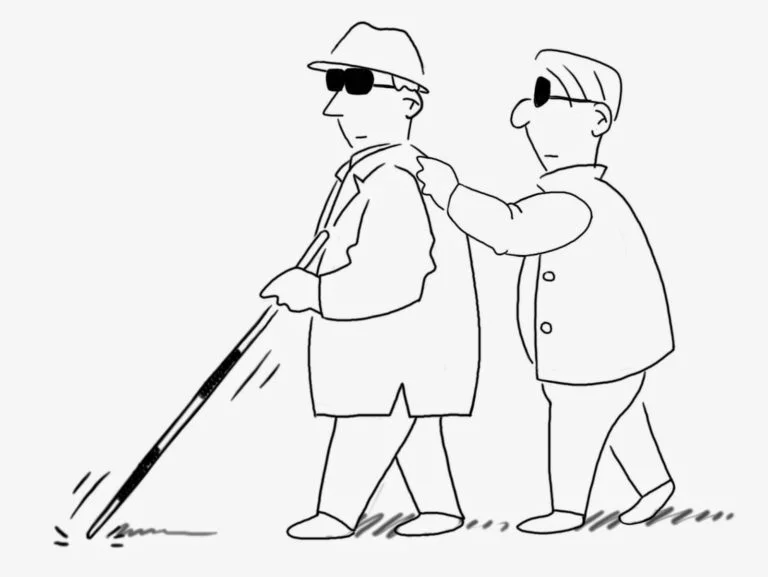
Types of Irony
The irony is mainly of three types in literature. Verbal irony, situational irony, and dramatic irony.
Verbal Irony Type
It is a figure of speech in which the literal meaning of a person’s conversation is exactly opposite to what the person wants to convey. Verbal irony is the most frequently used form of irony in literature. For example, if someone has a painful experience after going to a doctor and says that the experience was pleasant when asked. That is an example of verbal irony because he says just the opposite of what he means. This reminds us of sarcasm since one speaks just contrary to what one means.
Situational Irony Type
This is the form of irony that takes place when there is a certain turn of events that is unexpected or paradoxical. The events in a situation irony come out to be completely different from what was expected.
The situation irony in the story “The Gift of the Magi” by O.Henry strikes us hard. The woman cuts off her hair to gift her husband a chain for the watch. The husband on contrary sells off his watch to buy her wife the comb she wished for.
Dramatic Irony Type
It is the form of irony in which there is a difference in the understanding of the situation by a character and the audience. While the audiences or the readers know what happens actually behind the superficial occurrence of things, the character is completely ignorant about it. Dramatic irony had its origin in Greek tragedies and generally has a sad ending. Dramatic irony has three stages, installation, exploitation, and resolution.
The best instance of dramatic irony was in the work of Shakespeare in Othello. The readers know that Othello’s best friend Iago is villainous in character and Desdemona is faithful to Othello. But the character Othello is ignorant about these. The readers and the audiences are completely aware of the arriving disastrous happenings in the play.
Cosmic Irony Type
This is also called “the irony of fate”. Cosmic irony explains the agendas of Gods in turning the expectations of the humans. Fate completely changes what the character planned for his life. This kind of irony is used in Greek legends.
Historical Irony Type
This refers to the historical events or happenings that had a completely different outcome when contrasted to what was predicted to have happened. This is referred to real-life events in history.
Socratic Irony Type
This type of irony was found mainly in the writings of Plato. Socrates usually pretended to know less or pretended to be ignorant of the topics which were under discussion. He did so to bring out the arguments of his opponents. This is an example that also falls under dramatic irony.
5 Tips of using Irony in Creative Writing
- Before writing an irony or including one in your writing. One should concentrate on paying attention to ironies used in various literature.
- One should use an omniscient point of view while writing irony.
- Having clarity in one’s perspective is very necessary while writing irony.
- Inclusion of an otherwise event or using meanwhile in your writing may help in creating an irony successfully in your literature.
- One can use flashbacks scene in making irony more powerful.
Purpose of Using Irony in Literature and Creative Writing
Irony creates contrast in writings. They differentiate between the discrepancy and the realities is what the author wants the readers to perceive.
This is a very powerful tool that creates suspense and humour in the narrative. Irony gives the readers an idea about the weaknesses in the characters of literature.
The readers understand the main theme of the narrative. They leave a huge influence on the minds of the readers. They help readers evaluate their expectations, realities, and knowledge.
Irony Examples in Literature
- We come across irony in O. Henry’s story The Gift of the Magi. In the story, the husband sells his watch to buy a beautiful comb for his wife as a Christmas gift. On the other hand, the wife cuts her hair and sells it to buy a chain for her husband’s watch for Christmas. The story is a perfect example of situational irony.
- Edgar Allen Poe’s “The Cask of Amontillado” is a story full of verbal and situational irony. Even the main character whose name is Fortunato is an irony since the story gives instances of his unfortunate life all through.
- The line of the poem by Samuel Coleridge “Rime of the Ancient Mariner” is a beautiful example of irony. “Water, water everywhere, nor any a drop to drink” means that the sailor while sailing is dying of thirst on his boat while he is surrounded by water from all sides.
- One of the most famous works of irony includes Don Quixote by Miguel de Cervantes. Here there is a fantastic irony which describes the differentiation between reality and fantasy.
Share with your friends
